For generations, the rhythm of life along Malaysia’s rivers has been as steady as the water’s flow – a picture of harmony now threatened by a looming crisis. The same waters that once breathed life now carry a different cargo to the embracing oceans. There is now a new and toxic rhythm of plastic waste infiltrating our bustling waters.
A Grim Reality Along the Klang River
Imagine standing by the Klang River: you’d see everything from discarded plastic bottles to industrial waste floating in its currents. Once a lifeline, it has become Southeast Asia’s second-largest contributor to plastic pollution in the ocean, with 48,485 metric tons of waste collected from the Klang River from February 2016 to May 2019.
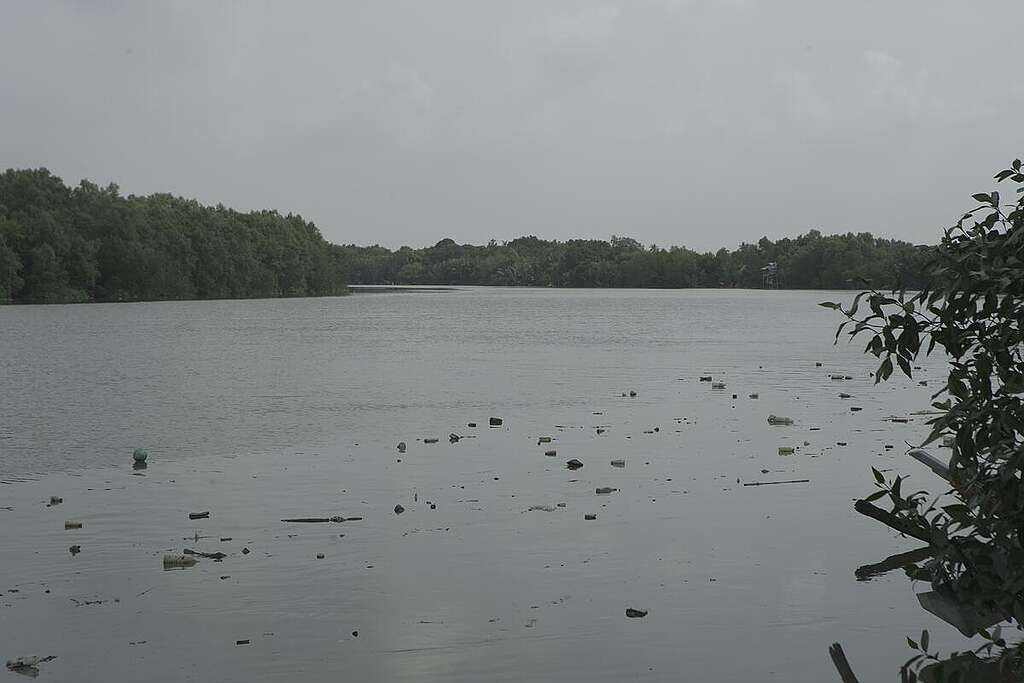
While there are great efforts and initiatives to revitalise and clean up the Klang River pollution by four Municipalities (MBPJ, MBSJ, MBSA and MPK), Greenpeace Malaysia’s staff, volunteers and donors were defeated by the harsh reality of an overwhelming amount of waste at a river cleanup event held in March 2024.
Although clean-up initiatives are commendable efforts to remove plastic waste, they merely address the symptoms of plastic pollution while the production tap is still running.
A Dolphin’s Cry for Help
A lonely messenger from the polluted depths emerged – a dolphin surfaced with a waterlogged plastic bag that spoke volumes of our care for the ocean.
Panning at the ocean in the year 2050, there could be more plastic than fish. Yet, this phenomenon is not shocking because approximately 12 million metric tons of plastic enter the ocean each year.
The plastic debris will break down into small fragments, eventually degrading into micro- and nanoplastics, which plankton, fish, seabirds, turtles and marine mammals ingest. The continuous accumulation of plastic in our oceans disrupts biodiversity, threatens marine species, and compromises the balance of marine ecosystems.
These plastics are the cause of the deaths of hundreds of thousands of marine life each year, hence highlighting the urgent need to address plastic pollution at its source.
Plastic on Our Plates: A Hidden Health Threat
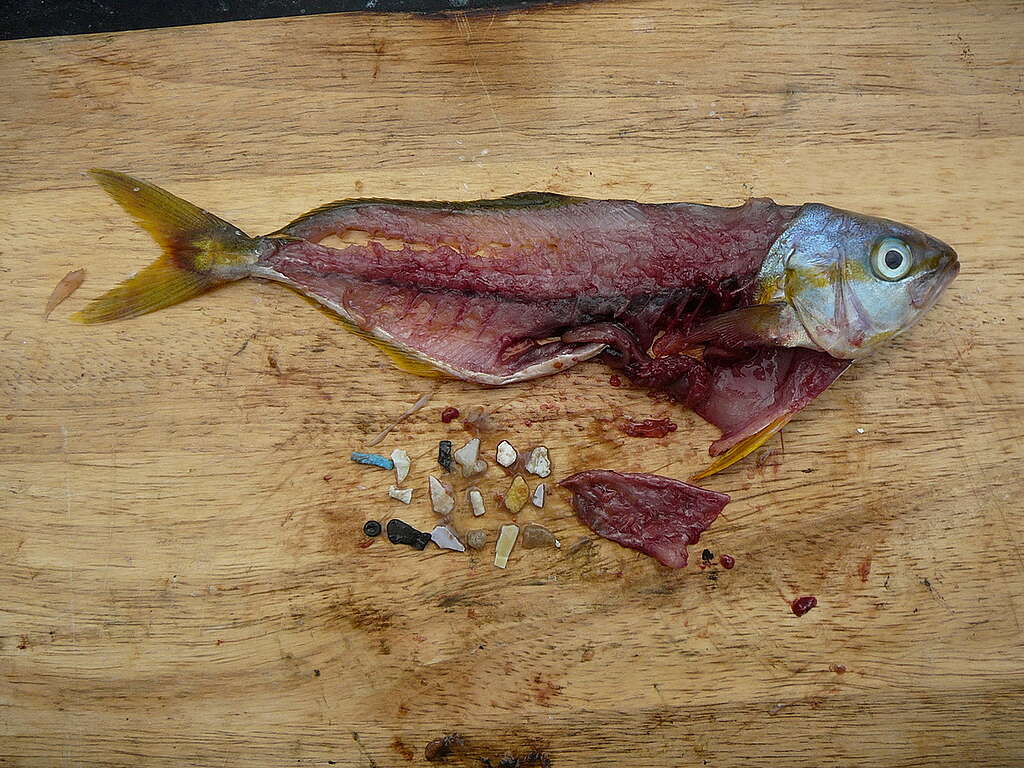
Ironically, plastic will reach humans through seafood and raise worrisome health impacts. Microplastics have been found in humans and science is starting to unveil the long-term effects on human health.
Further, Malaysians are found to be consuming approximately 15 grams of microplastics per month. There are concerns about the potential health risks of ingesting microplastics, which can carry harmful chemicals like endocrine disruptors or carcinogens.
A Beacon of Hope: The Global Plastics Treaty
Hope flows amid this crisis. The Global Plastics Treaty offers an important opportunity for the world, with the fifth and final round of negotiations expected in the final week of November this year.
The world is watching this historical turning point and Malaysia, among the most impacted, has a chance to lead the charge for ambitious targets that will reduce plastic production and safeguard communities.
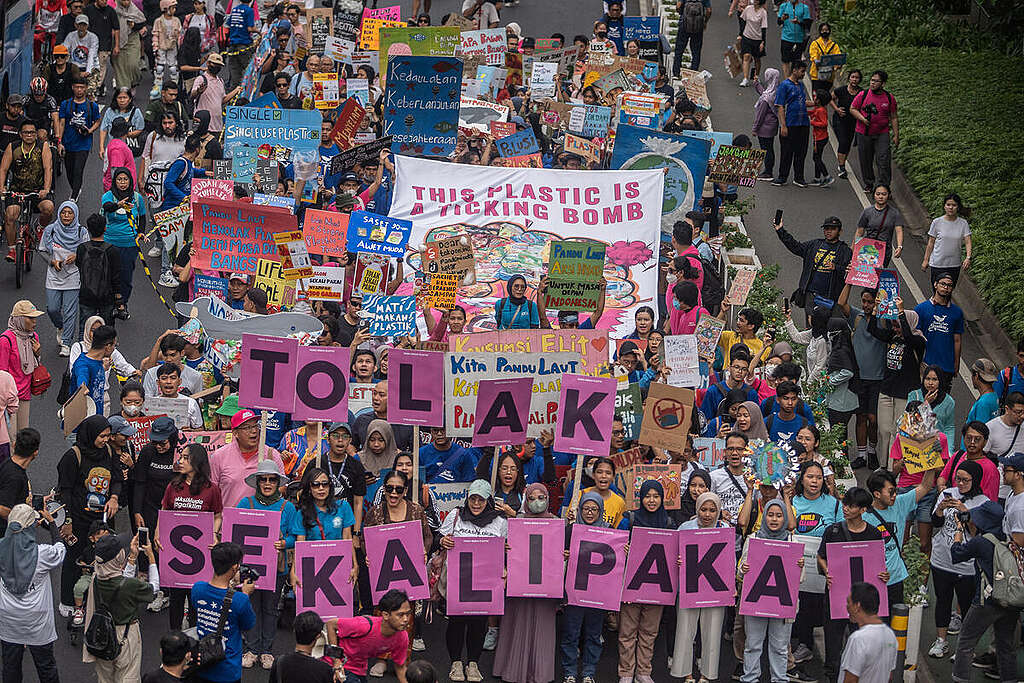
While the scale of plastic pollution may seem overwhelming, remember every great wave begins with a single drop. The power to turn the tide lies in each of us. Every choice you make — to refuse single-use plastics, adopt refill and reuse habits, and lend your voice to the Global Plastics Treaty petition — becomes a ripple in reclaiming Malaysia’s rivers and oceans.
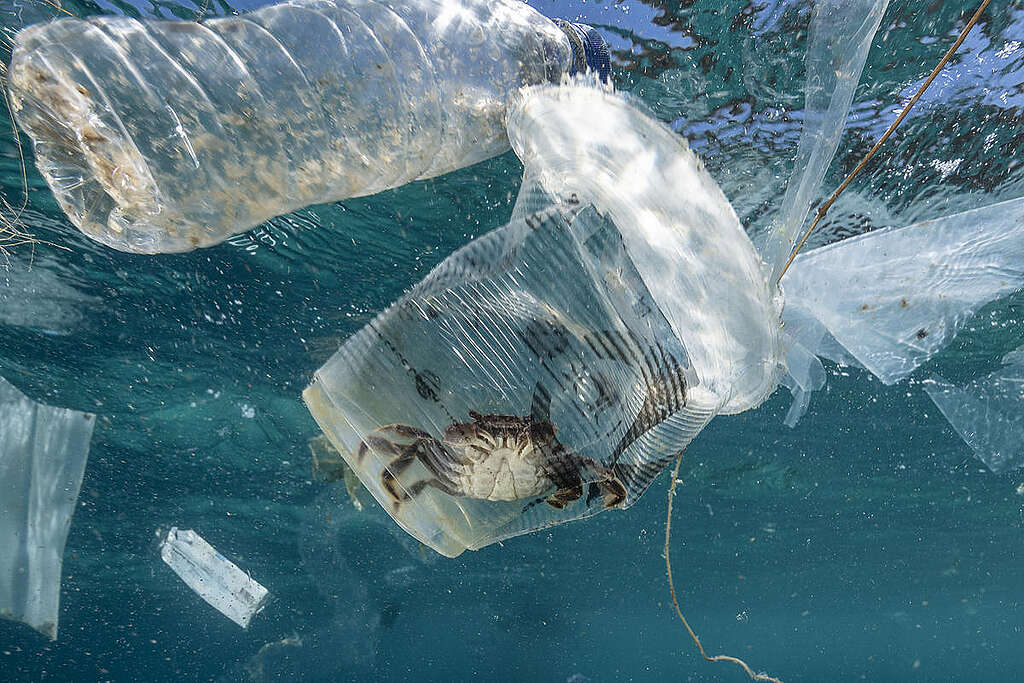
Unite to cut single-use plastic. Call on the Malaysian government to lead for a robust Global Plastics Treaty. Together, we make a difference!
Add your voice
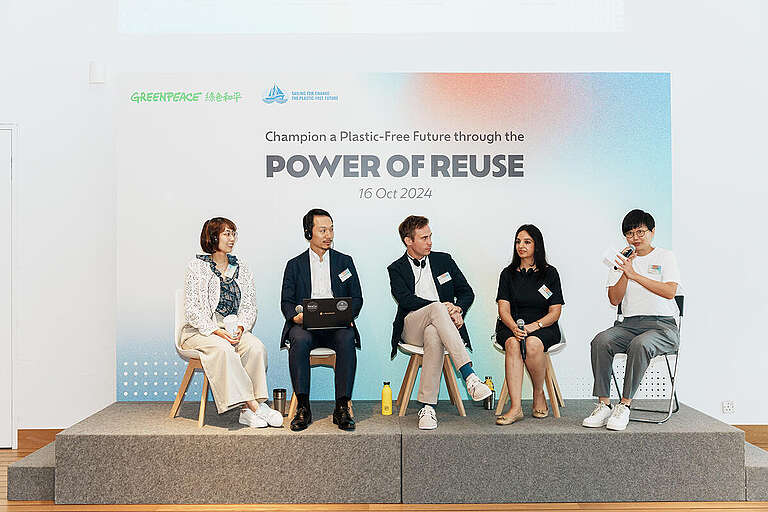
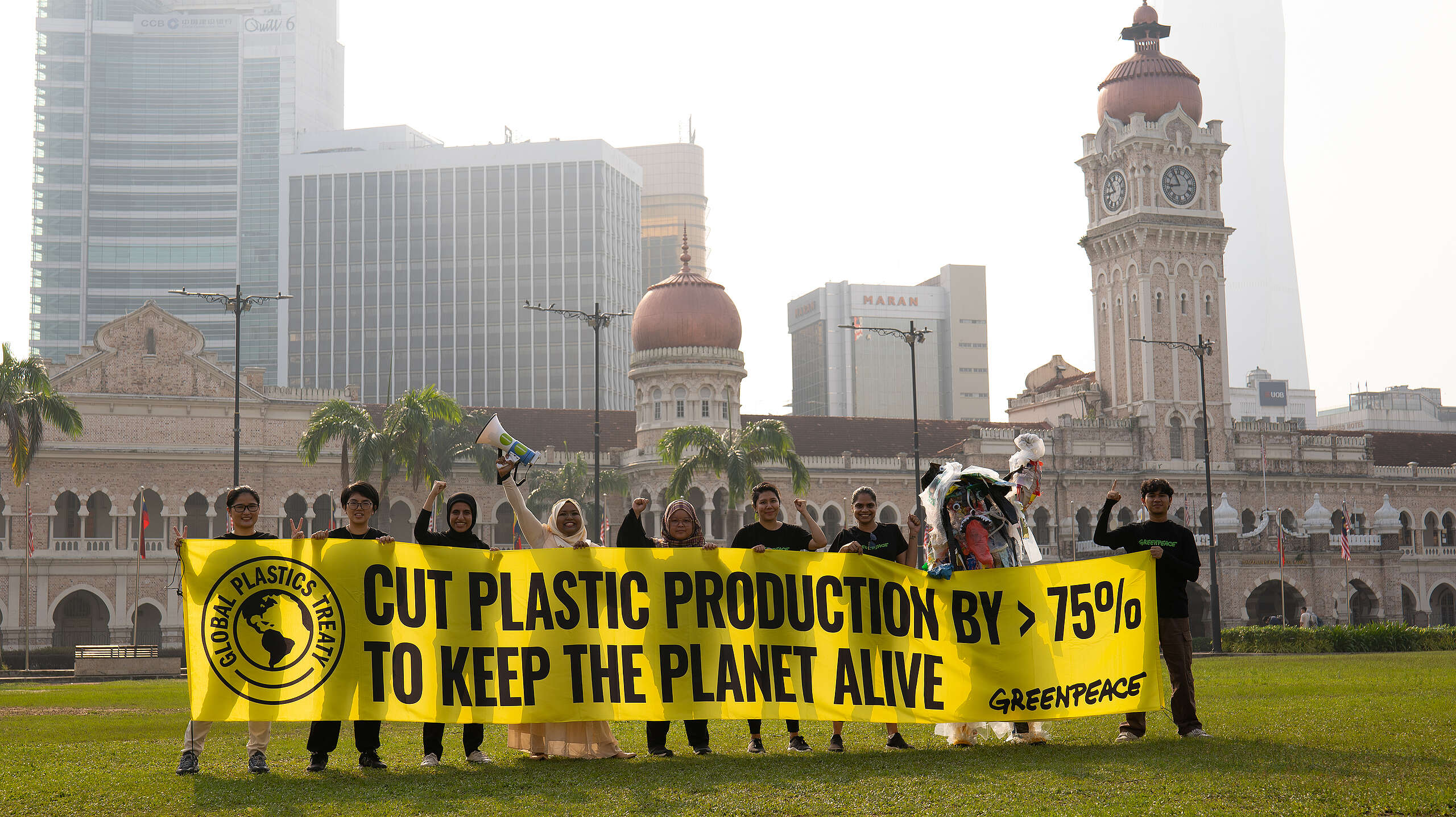
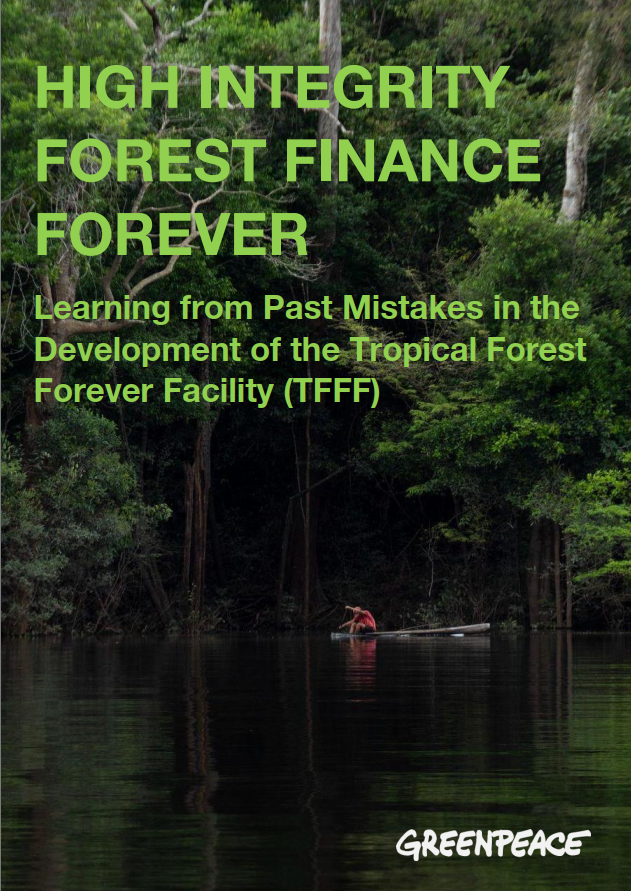
Discussion
Plastic will make humans also go extinct like dinosaurs 🥲.... this must be cause of death of thousands of species's extinction... sure we are racing extinction.